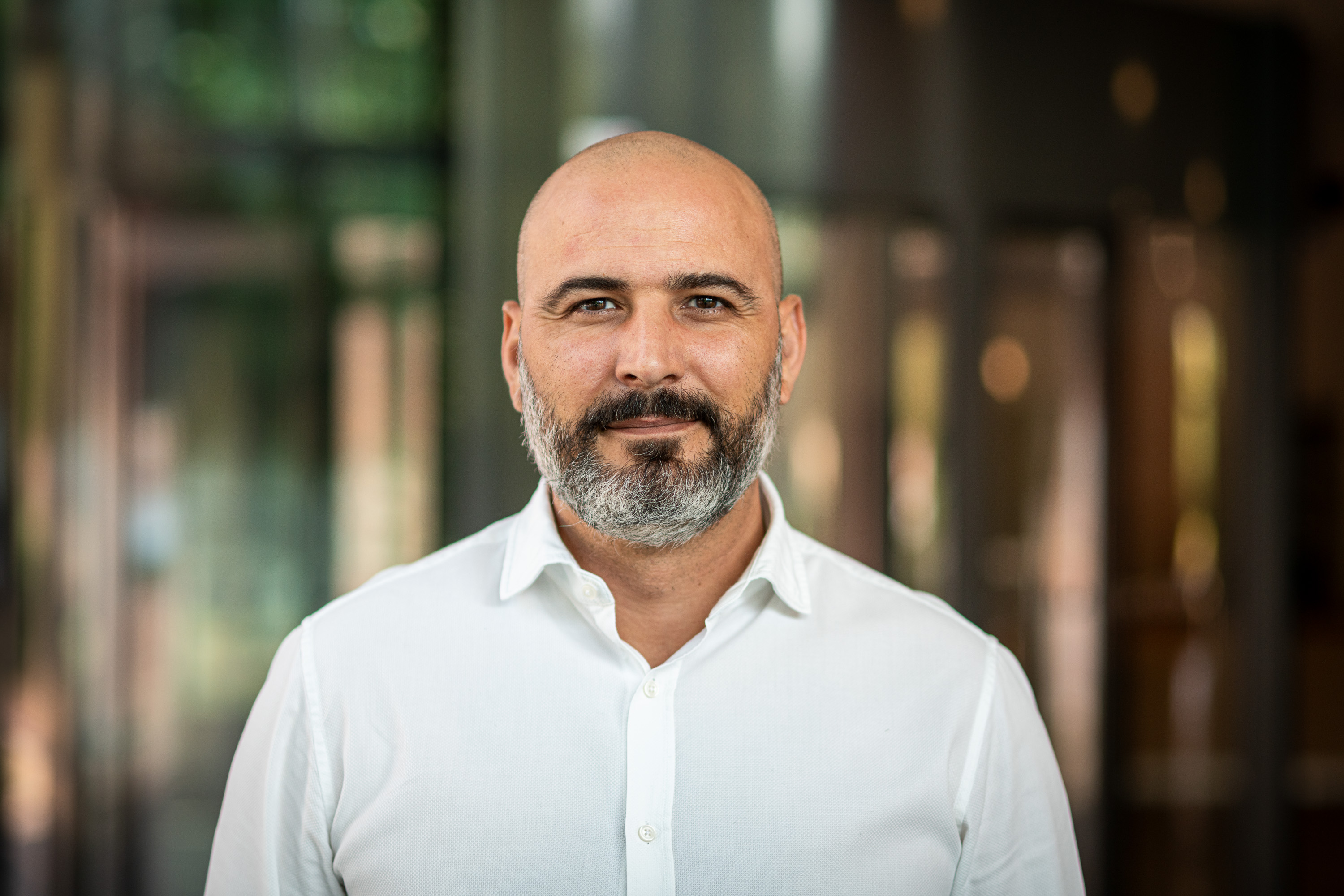Dr. João Pedro Saraiva
Contact
Dr. João Pedro Saraiva
Senior Scientist
Department of Applied Microbial Ecology
Helmholtz Centre for Environmental Research - UFZ
Permoserstr. 15, 04318 Leipzig, Germany
Phone +49 341 6025-1688
joao.saraiva@ufz.de

Scientific Career
03/2024 present
Senior Scientist - Microbial Interaction Ecology group, Department of Applied Microbial Ecology, Helmholtz Centre for Environmental Research - UFZ, Leipzig, Germany
09/2017 12/2023
Post Doctoral Associate - Microbial Systems Bioinformatics group, Department of Environmental Microbiology, Helmholtz Center for Environmental Research - UFZ, Leipzig, Germany
02/2014 07/2018
PhD student- Leibniz Institute for Natural Product Research and Infection Biology, Hans-Knöll Institute, Network Modelling, Jena, Germany
Research Associate - Institute of Biotechnology and Bioengineering, University of Minho, Braga, Portugal
Education
PhD
2014
2017
Bioinformatics
Leibniz Institute for Natural Product Reasearch and Infection Biology, Hans Knöll Institute, Jena, Germany
MSc
2009
2012
Bioinformatics
2000
2006
Biotechnology Engineering
Research interests
The advancements in high throughput sequencing technologies has greatly increased our ability to generate genomic data. This exponential increase in microbial big data now demands the development of novel concepts and strategies to better characterize and study microbial community composition and microbial interactions.
My primary research interest is in the field of complex microbial systems:
- Species interactions based on functional complementarity.
- Characterization of microbial communities using WGS here.
My current research focus:
- Risk assessment of low-risk pesticides RATION
- Improving identification and characterization of soil protists
Publications (peer-reviewed)
An updated list of my publications can be found in Google Scholar profile
